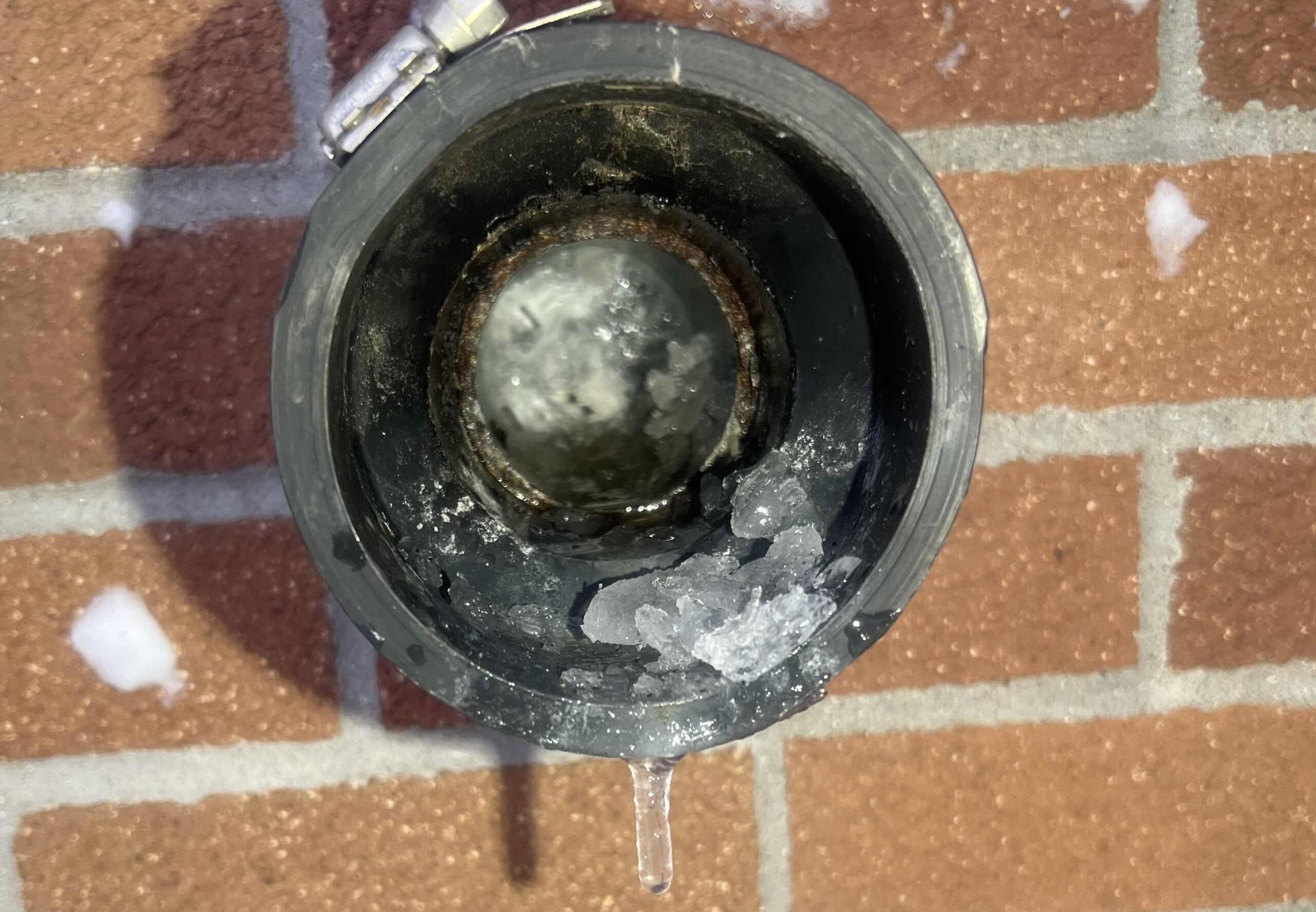Tips for Winterizing Your Fire Sprinkler System

As temperatures begin to drop, now is the perfect time to perform essential winter maintenance tasks at your commercial building or facility.
Winterizing your business’s fire sprinkler system is a great starting point, helping you prevent crises like flooding from burst pipes or a system that fails to activate during a fire.
Liberty Fire Solutions can get your property winter-ready with commercial fire sprinkler inspection and maintenance. We’re a trusted leader in fire protection services for many of the area’s businesses, providing solutions you can count on to keep people, property, and assets safe.
The Benefits of Winterizing Your Business’s Fire Sprinkler System
Commercial fire sprinkler systems can be highly reliable, so it can be easy to put off or forget to perform routine maintenance that ensures they operate properly when needed. The benefits of winterizing your fire sprinkler system include:
- Ensuring valves operate correctly and drains are clear and free of moisture
- Avoiding costly disasters like flooding that can damage or destroy electrical systems, inventory, and valuable equipment
- Maintaining local, state, and federal compliance with building codes and regulations, mitigating fines, penalties, or legal issues
- Potential business insurance savings
Ensuring your building’s sprinkler system can respond quickly in a fire emergency keeps everyone and everything safe.
How To Winterize Your Fire Sprinkler System
- Dry fire sprinkler systems: Low points should be drained to guarantee all water is out of the system so the pipes can withstand freezing temperatures. Pay careful attention to the pump and riser rooms on the building’s exterior, which should always be heated and maintained at at least 40 degrees Fahrenheit.
- Wet sprinkler systems: Water freezes at 32 degrees, but the National Fire Protection Association (NFPA) stipulates that wet sprinkler systems be maintained at a minimum of 40 degrees Fahrenheit. These systems should not be exposed to freezing temperatures.
- Insulation: Typically, sprinkler piping installed in attics are insulated during construction/installation. Building owners should verify the insulation is properly installed and sufficient to protect water-filled piping from freezing during cold weather.
- Check antifreeze: If your system uses antifreeze, the concentration should be checked and replaced if needed. We can provide inspection and antifreeze testing services to ensure the original design concentration is inside the pipes.
- Monitor the temperature: Consider installing temperature sensors in unheated areas.
A small investment in preventative maintenance can yield significant returns in reliability, cost savings, and peace of mind. So don’t get caught in the cold — make sure your system is winter-ready by scheduling regular professional inspections to identify high-risk areas that should be immediately addressed.
Schedule a Fire Sprinkler Inspection
Setting up an inspection with Liberty Fire Solutions before the first frost ensures your sprinklers operate efficiently and effectively throughout winter, protecting your buildings, facilities, and the people in them against fire risks.
Our professional and knowledgeable team takes enormous pride in providing exceptional fire protection services for businesses throughout Pennsylvania and Western Maryland. Our customer-centric approach makes us your ideal single-source provider for all your fire safety needs.
Request an estimate for fire sprinkler services by calling Liberty Fire Solutions today.
FAQs
Why is it necessary to winterize my fire sprinkler system?
Failing to winterize your fire sprinkler system can lead to frozen pipes, which can burst and cause extensive water damage. Beyond structural issues, a malfunctioning system might not activate during a fire, risking property and lives. Winterization protects your investment, ensures compliance with safety codes, and prevents costly repairs.
What should I do if my sprinkler system pipes freeze?
Take these steps if your fire sprinkler pipes freeze:
- Turn off the water supply immediately and schedule an inspection: This minimizes potential water damage when the ice thaws. After repairs are made, schedule a professional inspection to confirm your system’s integrity.
- Contact a fire protection professional: They’ll need to assess the system and address any damage.
- Never attempt to heat the pipes directly: This could cause further damage or create safety hazards.
What temperature should I maintain in rooms with wet sprinkler systems?
According to the National Fire Protection Association (NFPA), areas with wet sprinkler systems should be kept at a minimum of 40°F. This applies to pump and riser rooms, storage areas, and any space that has sprinkler system components.
How do I know if my fire sprinkler system is winter-ready?
Schedule a professional inspection. Have a qualified technician confirm all components are ready for freezing conditions.
Are there visual signs I need maintenance on my fire sprinkler system?
Look for leaks or corrosion that could lead to a breakdown or complete failure of your fire sprinkler system.
